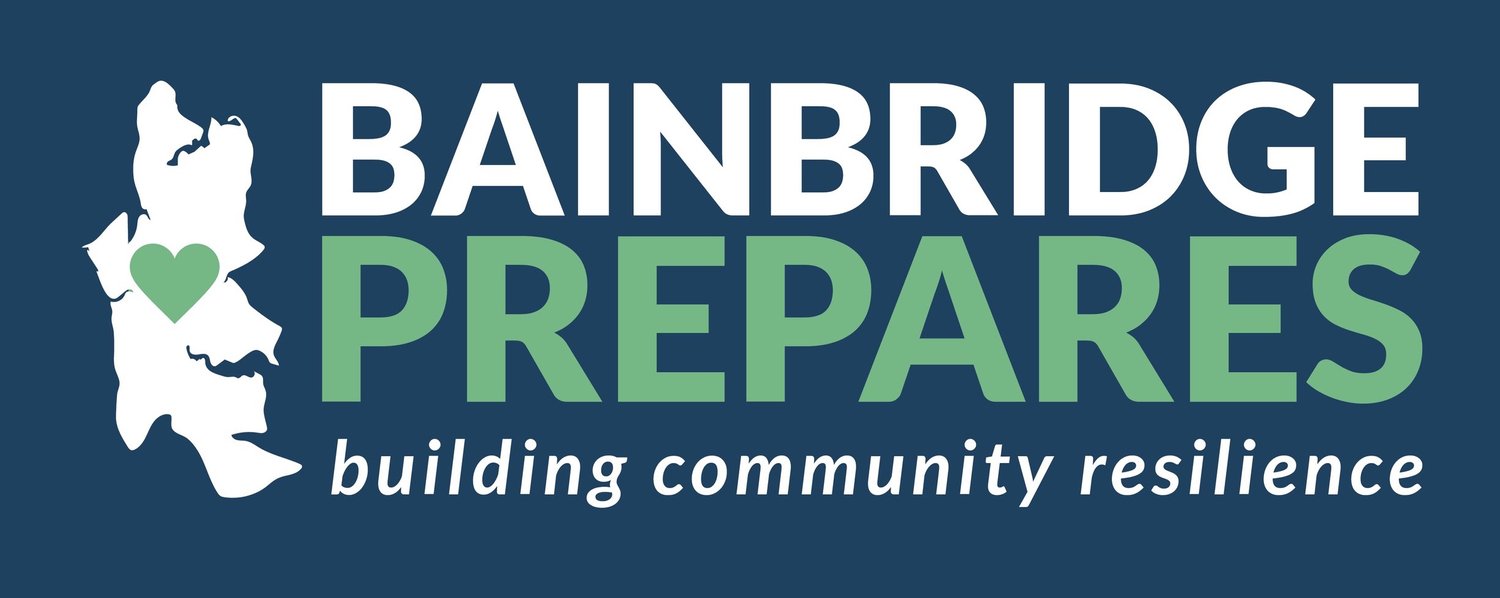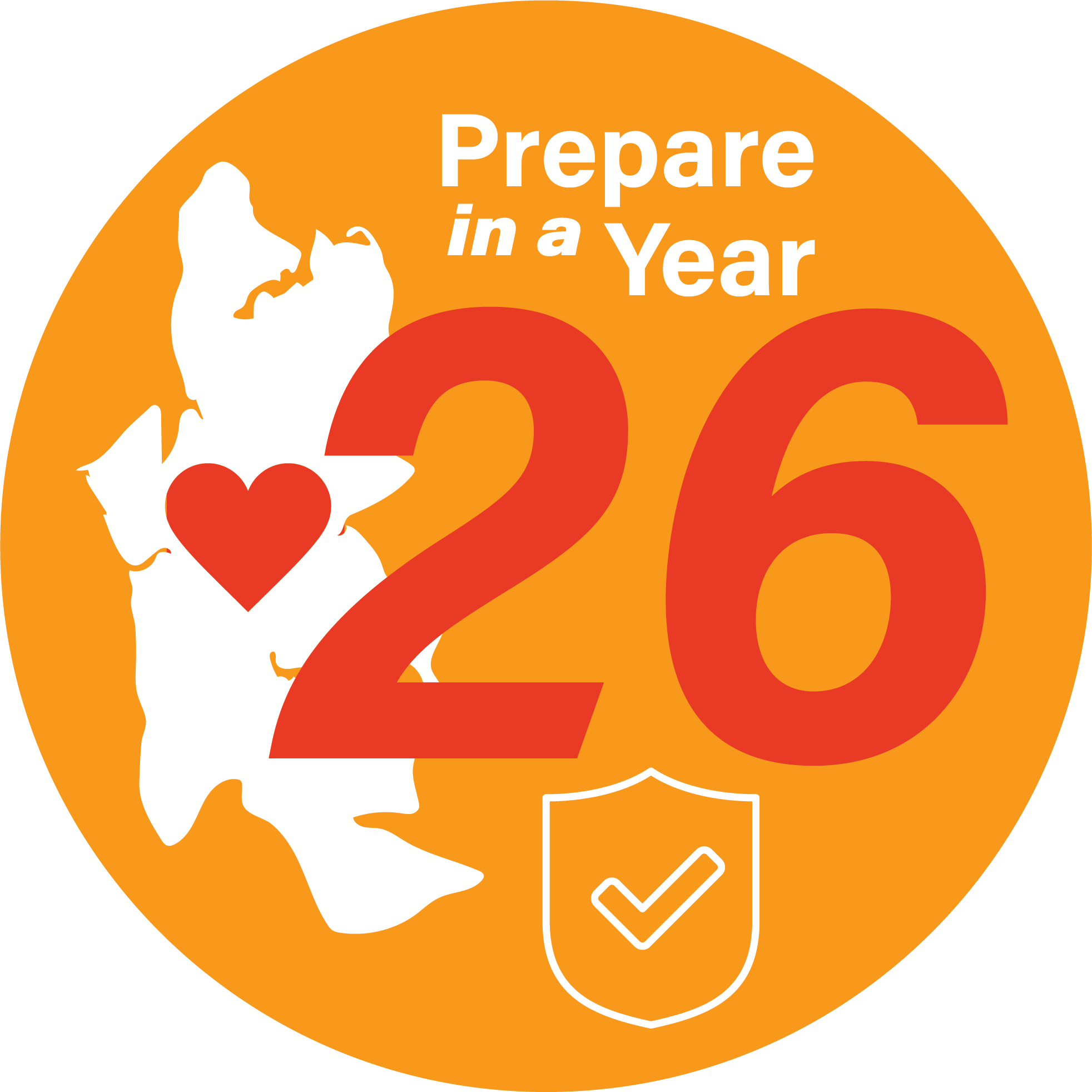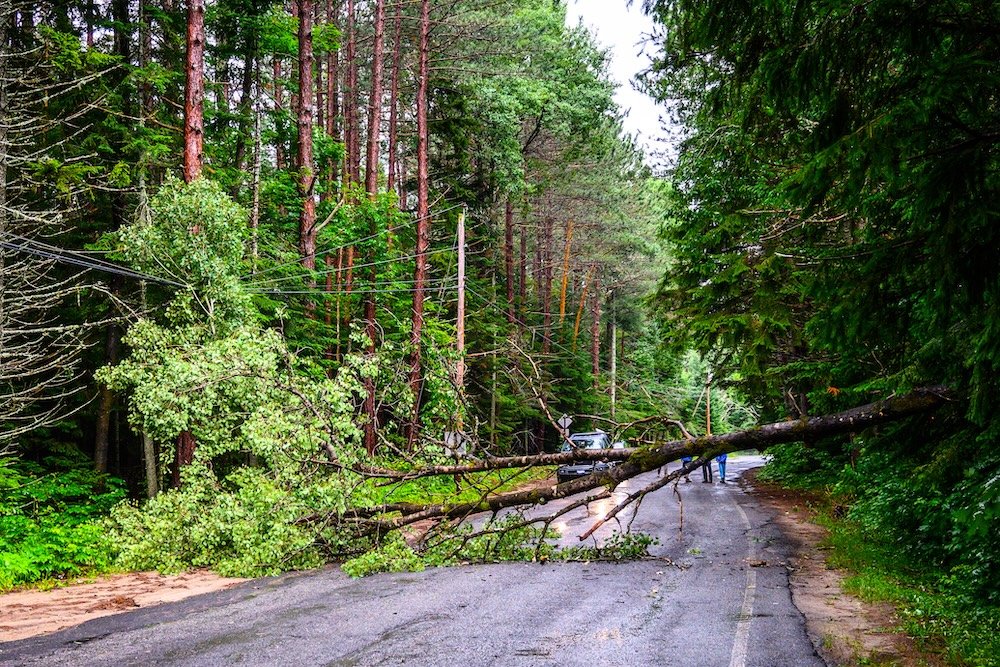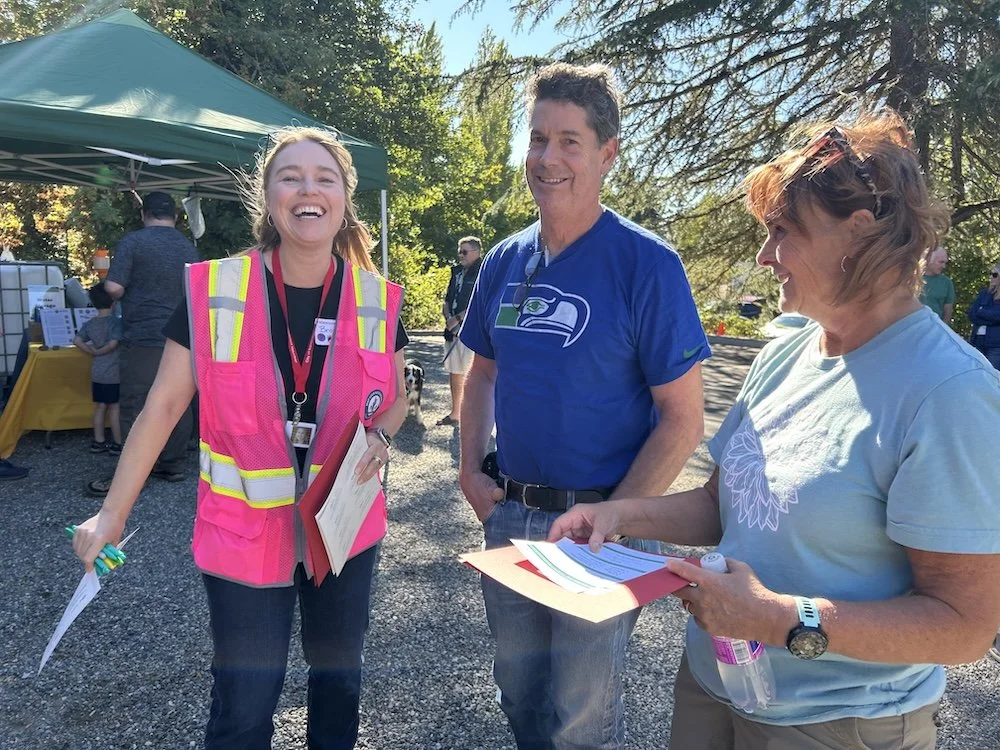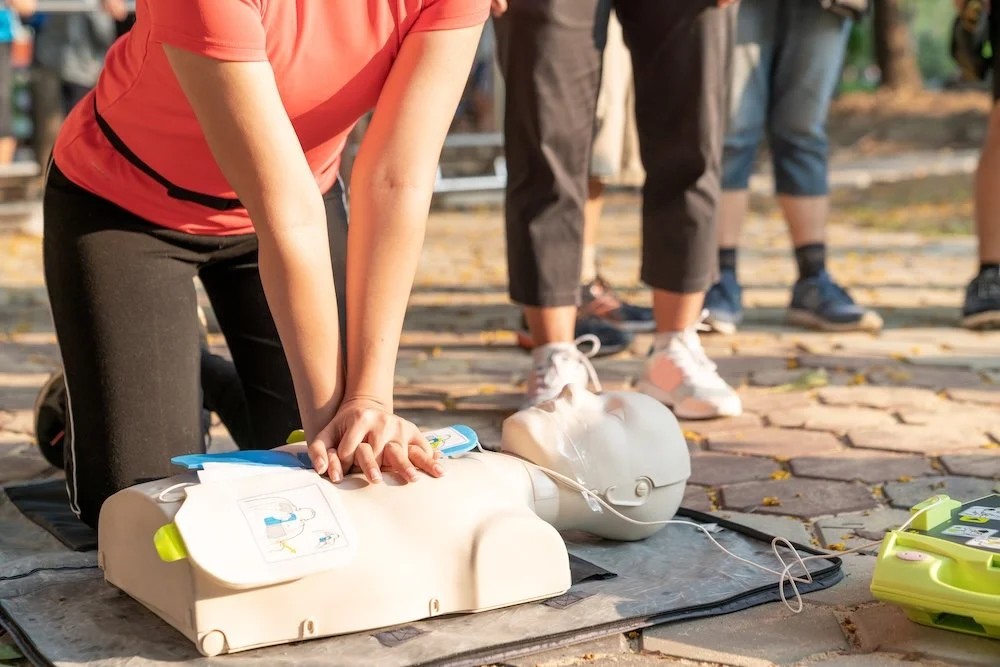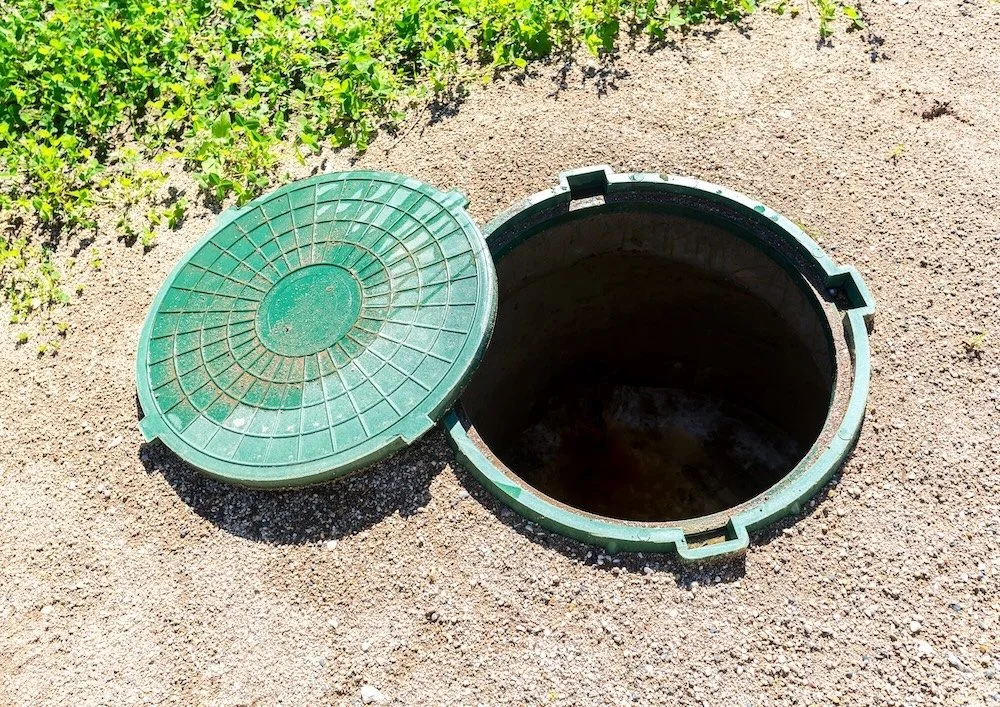Recent News
Prepare in a Year 2026!!!
Prepare in a Year 26 starts now. You can take care of all of your worries about being prepared for disasters by following our monthly readiness program, which tackles one topic per month.
How to Increase Your Resilience in 2026
The Dumpster Fire of 2025 is coming to an end. We can hope for a better 2026, but there will certainly be more natural and unnatural disasters near and/or far in the upcoming year.
This Season, Reach out to Your Neighbors
The two most important things you can do to prepare for emergencies are to ready your household and connect with your neighbors.
Traveling Through Snow?
After our series of atmospheric rivers, we are now being gifted with blizzards in the Cascades and Olympics. Try not to travel through the mountain passes, but if you must then be sure to add these items to your vehicle.
Don’t Touch That!
With the wind whipping us all over the place today, it seems like a good time to remind everyone about Bainbridge Island Fire Department and Puget Sound Energy rules regarding downed wires:
Your Guide to Emergency-Ready Holiday Gifts
Nothing says I love you and care about you quite like the gift of emergency preparedness. Show your family and friends this holiday season that you’re thinking about them by giving them something they actually need and that might just save their life.
Prepare in a Year 2025: Neighborhood and Community
Our Prepare in a Year program helps you get ready for disasters, like large-scale earthquakes that isolate us from outside help for weeks or longer. By tackling one simple task per month, you can get your household in good shape by the end of a year.
The task for December is to work on increasing the resilience of your neighborhood and community.
Prepare in a Year 2025: Training and Education
Our Prepare in a Year program helps you get ready for disasters, like large-scale earthquakes that isolate us from outside help for weeks or longer. By tackling one simple task per month, you can get your household in good shape by the end of a year.
The task for November is to is to learn key skills.
Heavy Rain + Wind = Power Outages
It’s that time of year when the winds pick up and, if combined with soggy ground, trees fall. So let’s get ready for power outages.
For Schoolkids & Commuters: Bainbridge Prep Pouch on Sale!
With everyone back at school and back at work from summer vacations, it’s the perfect time to enjoy a great deal for commuters from one of our partners, Cascadia Ready.
Prepare in a Year 2025: Documents & Finances
Our Prepare in a Year program helps you get ready for disasters, like large-scale earthquakes that isolate us from outside help for weeks or longer. By tackling one simple task per month, you can get your household in good shape by the end of a year. The task for October is to make sure you have quick and easy access to documents that could be inaccessible after a disaster or destroyed by it.
Prepare in a Year 2025: Specific Disasters
Our Prepare in a Year program helps you get ready for disasters, like large-scale earthquakes that isolate us from outside help for weeks or longer. By tackling one simple task per month, you can get your household in good shape by the end of a year. The task for September is to make sure you are prepared for three specific types of disaster: earthquake, wildfire, and tsunami.
Bainbridge Sea-Level Rise Report Just Released
Bainbridge Island–based EcoAdapt recently released their Bainbridge Island Sea Level Rise Project Summary Report 2022-2025. The cover of the report shows Manitou Beach at high tide when the water level is just a few feet below the road surface.
Prepare in a Year 2025: Plan for Pets & Livestock
Our Prepare in a Year program helps you get ready for disasters, like large-scale earthquakes that isolate us from outside help for weeks or longer. By tackling one simple task per month, you can get your household in good shape by the end of a year. The task for August is to make sure you have an emergency plan for your pets and any livestock. This plan must include the following:
‘Growing Connections’ Addresses Local Food Insecurity
In the past two years, the number of people coming to Helpline House food bank doubled. This spring, Helpline lost 40 percent of their funding to buy meat, dairy, and fruit and all of their funding to buy from local farms.
What to ‘Doo’ About Septic Systems in Climate Change
Bainbridge-based EcoAdapt has just released a resource to help people with septic systems navigate the Climate Change–related effect of sea-level rise.
Prepare in a Year 2025: Plan for Family Reunification
Our Prepare in a Year program helps you get ready for disasters, like large-scale earthquakes that isolate us from outside help for weeks or longer. By tackling one simple task per month, you can get your household in good shape by the end of a year. The task for July is to make sure you have a plan to get back together again If you are apart from your family when disaster strikes.
Believe It or Not, It’s Time to Think About the Winter Garden
Learn exactly when and how to plant for fall and winter in Bainbridge Prepares’ Veg Club video. Then turn to our Winter Crop Resource Page,
Prepare in a Year 2025: Getting Home or Away
Our Prepare in a Year program helps you get ready for disasters, like large-scale earthquakes that isolate us from outside help for weeks or longer. By tackling one simple task per month, you can get your household in good shape by the end of a year.
